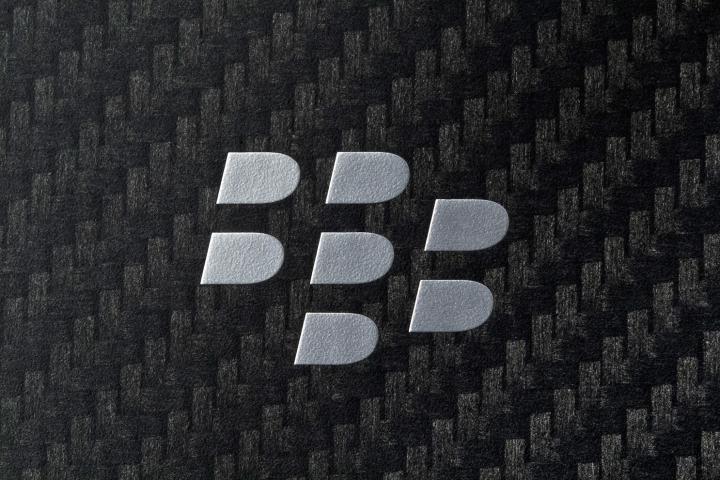
It’s the kind of news that will likely have former BlackBerry boss Thorsten Heins staring blankly into his morning porridge, wondering, “Why didn’t this happen while I was in charge?”
It’s been a good few days for the mobile maker and its shareholders, with news last week of an endorsement from the Pentagon followed Tuesday by a healthy 7.9 percent surge in its stock price, which has helped take its value more than 30 percent above what it was at the start of the year.
The Department of Defense announced on Thursday that as part of its ongoing Mobility Implementation Plan – which offers guidelines for the Pentagon’s purchase and use of mobile devices – 80,000 out of 82,000 mobile devices being deployed on one of its new networks will be from the Canadian mobile maker.
The news saw BlackBerry’s shares rise on the Nasdaq to $9.93 at the close of trading – hitting $10.09 in after-hours trading – marking an increase of more than 30 percent from the $7 figure at the beginning of January.
While Tuesday’s surge can be attributed to the Pentagon’s show of support, the steady rise comes as shareholder faith in new CEO John Chen’s strategy to turn the company around gains momentum.
Chen, who replaced Heins in November, has made clear his intention to focus more on BlackBerry’s traditional strengths, placing more weight on the enterprise market with sales and services while at the same time cutting costs.
Those money-saving measures include the company’s plan, announced Tuesday, to sell the majority of its real estate holdings in Canada, though Chen said in a statement that BlackBerry is firmly committed to keeping its headquarters in Waterloo, Ontario.
The Pentagon’s commitment to BlackBerry comes after several years of big-name firms and organizations ditching its phones in favor of Apple and Android devices. While the Pentagon’s endorsement in no way indicates the Canadian company is out of the woods – or even close to it – it does at least send out the message that high-profile agencies like the Pentagon still have faith in its product, which in turn could cause some business customers to take a closer look at what BlackBerry has to offer.


